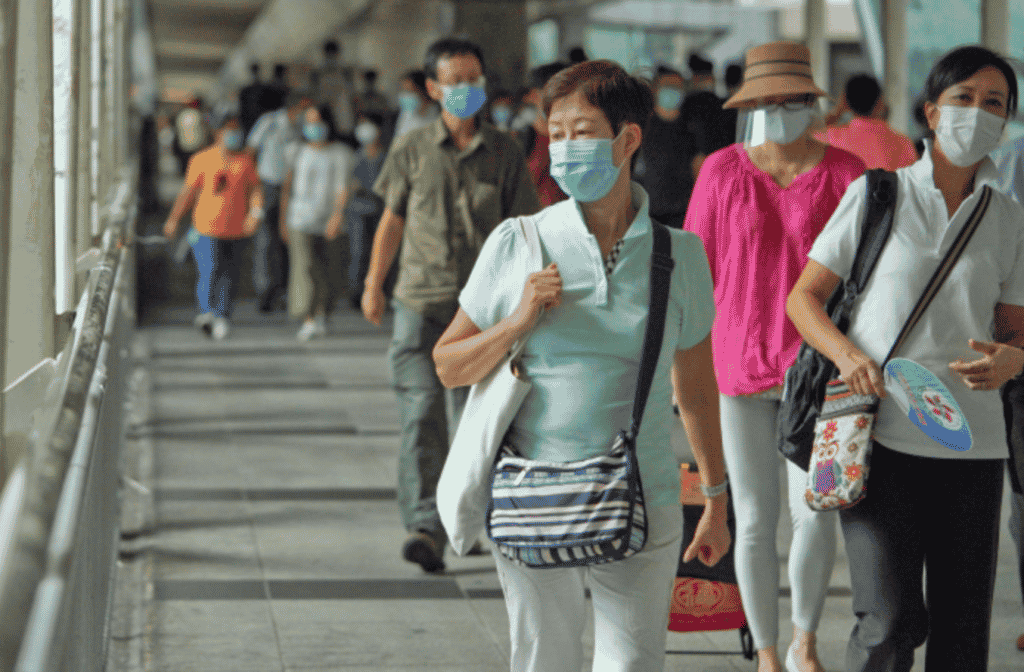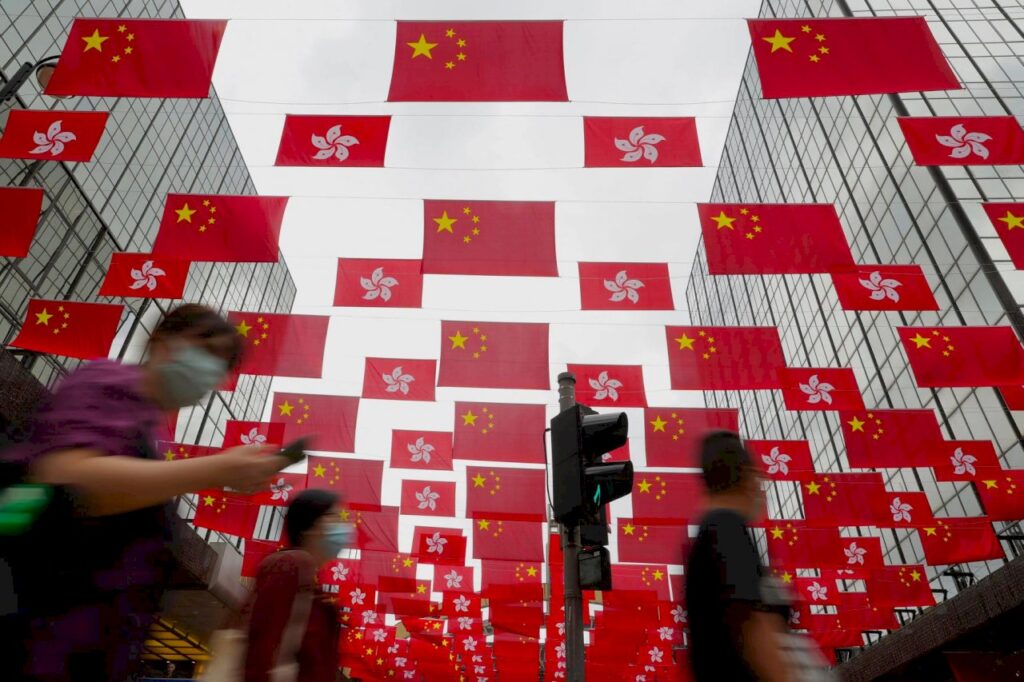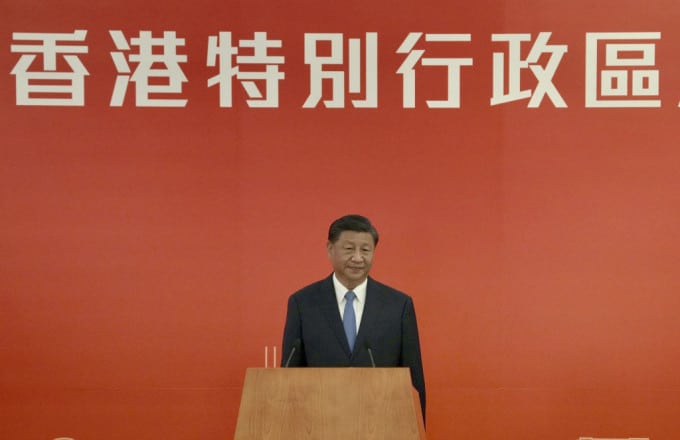"One country, two systems" is an unprecedented attempt and relies on the joint efforts of policymakers and people in society. In order to ensure that "one country, two systems" can be implemented stably and long-term, it must be continuously reviewed to provide the government and the public with a reliable reference. Democratic Thoughts compiled the first "One Country, Two Systems" index last year on the occasion of the 20th anniversary of Hong Kong's return to the motherland. It is published every six months. This week it released the third index in an attempt to comprehensively evaluate the implementation of "One Country, Two Systems".
Citizen ratings improved
The "One Country, Two Systems" index is compiled in two parts. On the one hand, the Hong Kong Asia-Pacific Institute of the Chinese University of Hong Kong is commissioned to conduct a public opinion survey, covering nine core elements (judicial independence, a high degree of autonomy, democratic development, etc.). It is currently a relatively specialized and comprehensive survey. . On the other hand, it refers to the evaluation of international think tanks on the current situation of human rights, freedoms and democracy in Hong Kong, and compares the performance of Hong Kong with other regions to make up for the subjectivity of polls. Compared with half a year ago, although the international community tends to be negative towards Hong Kong, public ratings have improved, with the index rising slightly to 6.53 points from 6.51 points in the last report. This is a gratifying result.
The survey results highlight two phenomena. First, the general public and the international community have different concerns. If either side is ignored, the whole picture will not be obtained. Freedom of expression was the only area in the telephone survey that saw a decline in ratings, but the international community feels the opposite, believing that Hong Kong has made progress in this area. Citizens' concerns about freedom of speech are probably due to the fact that two Hong Kong journalists were attacked in the Mainland before the latest round of investigations was launched. However, international observers may be more appreciative of the achievements and development of Hong Kong's journalism industry. For example, online media have become increasingly mature and launched many influential investigative reports. The government also opened press conferences to them last year for interviews.
International think tanks give downward ratings
Second, the evaluation of "one country, two systems" is affected by the comprehensive impression of social, political and economic development, and cannot be completely divorced from local and international situations. Overall, citizens' evaluation of "one country, two systems" is increasing day by day, but the scores given by international think tanks have dropped. There are three possibilities for the differences. First of all, Carrie Lam’s administration has given rise to moderate politics, which has made citizens optimistic about the future. This is a sentiment that international think tanks have failed to grasp. Secondly, China's rise has caused Western countries to worry about the loss of their advantages, and their attitudes towards China have shifted from cooperation to confrontation. "One country, two systems" has become the first target of war. Furthermore, the central government and the SAR government have always neglected to defend "one country, two systems" in Western media, often failing to timely refute criticisms from Western opinion leaders and safeguard Hong Kong's international image.
"One country, two systems" is a commitment made by the central government to the SAR. It must not only consider the personal feelings of Hong Kong citizens, but also weigh the confidence of the international community. The views and attitudes of the two are very different. Incorporating the opinions of both sides can complement each other and truly reflect the achievements and shortcomings of "one country, two systems". Looking forward, we will continue to compile an eclectic "One Country, Two Systems" index every six months, exchange views with representatives from the central government, the SAR and the private sector, and do our best to sum up the gains and losses of "One Country, Two Systems".
Ray Poon
Democratic Thinking Researcher



